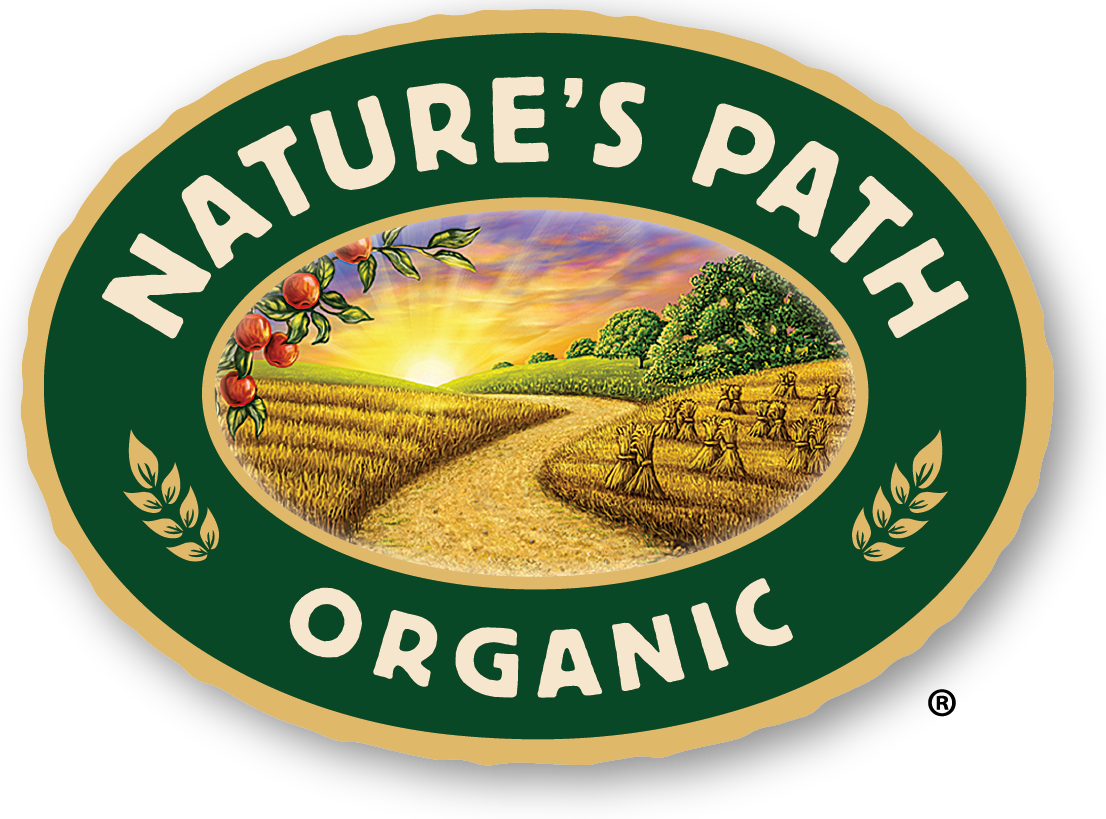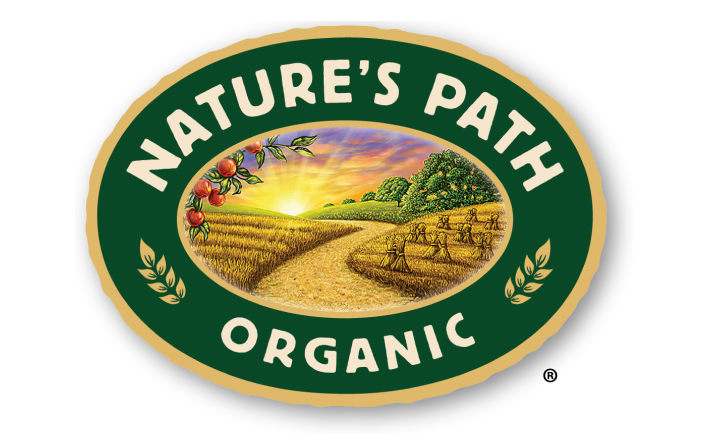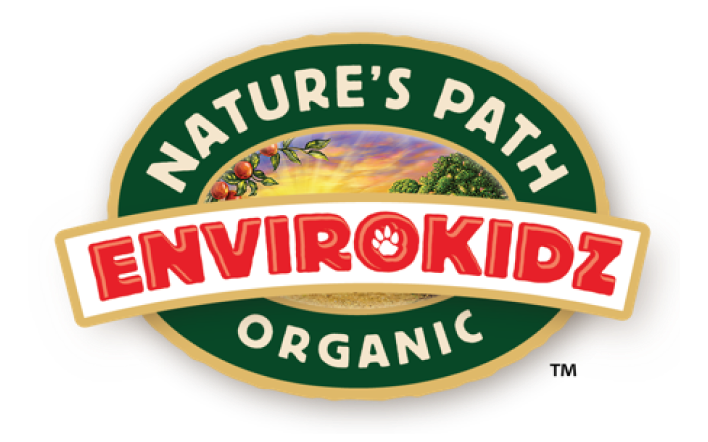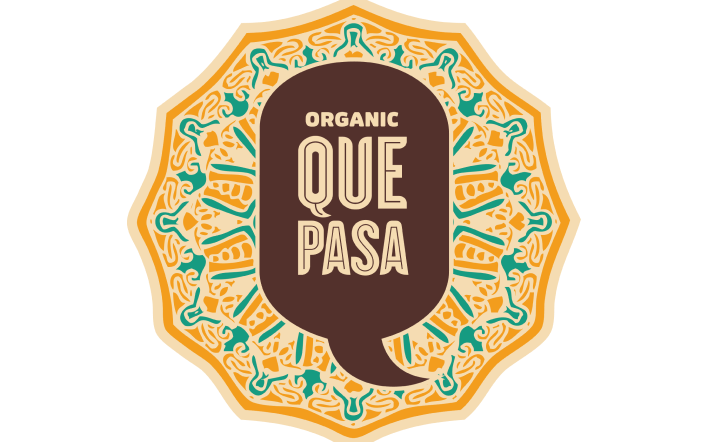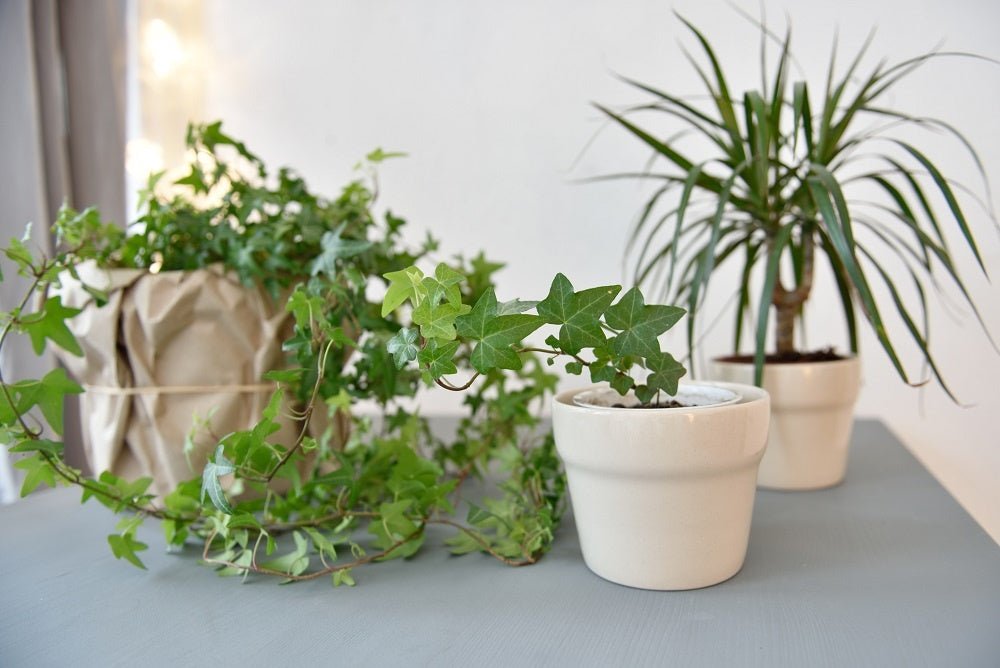
Must-Have Indoor Plants & Why You Need Them
While you've got outdoor planting on the brain, it's a great time to tackle your indoor plants as well!
n
By Nature's Path
Tags:
While you've got outdoor planting on the brain, it's a great time to tackle your indoor plants as well! Aside from the aesthetics of indoor plants, they also provide many amazing health benefits.
 A few of the plants NASA tested are:
A few of the plants NASA tested are:
 Herbs are a must-have in the kitchen! They don’t take up much space and will grow on a windowsill or under lights. Many herbs have medicinal qualities in addition to flavoring your food.
Herbs are a must-have in the kitchen! They don’t take up much space and will grow on a windowsill or under lights. Many herbs have medicinal qualities in addition to flavoring your food.

Indoor Plants & Air Pollution
In the 1980's, NASA did a study on plants that reduce indoor air pollution. (Who better to understand the needs of an enclosed space?) Plants are miraculous things. Their leaves and roots, along with their soil and microorganisms, have the ability to remove toxic gasses from the air and convert them to new plant tissue. Furniture, household cleaners, building materials, and even new clothes can off-gas for months or years. Houseplants can remove carcinogenic gasses, such as benzene and formaldehyde, improving your indoor air quality (IAQ), and boosting their own growth. Plants also convert carbon dioxide to oxygen for you to breathe in and exhale again as carbon dioxide. This cycle is necessary for good health as well. As a plant’s leaves transpire and the moisture in the potting soil evaporates, humidity is added to the air. Being hydrated is good for colds, coughs, and sore throats. The recommendation is one plant per 100 square feet of space. A few of the plants NASA tested are:
A few of the plants NASA tested are:
- Gerbera Daisy (with the added benefit of beautiful flowers!)
- Golden Pothos
- English Ivy
- Peace Lily
- Several varieties of Dracaena
Culinary and Medicinal Gardens
Think beyond traditional houseplants! Your interior gardens can also provide food and medicine. Many vegetables and herbs do well near a sunny window or under lights on shelving. You don’t need a greenhouse or a yard - you can even garden if you live on the 23rd floor. Container gardening has gotten so popular that nurseries now offer dwarf varieties of our most loved plants. You can successfully grow citrus, tomatoes, and eggplant inside.Other suitable indoor veggies:
- Radishes
- Salad turnips
- Lettuce
- Greens – kale, chard, spinach, mustards, etc
- Microgreens
- Bush beans
- Carrots
 Herbs are a must-have in the kitchen! They don’t take up much space and will grow on a windowsill or under lights. Many herbs have medicinal qualities in addition to flavoring your food.
Herbs are a must-have in the kitchen! They don’t take up much space and will grow on a windowsill or under lights. Many herbs have medicinal qualities in addition to flavoring your food.
A few easy and essential culinary herbs are:
- Basil
- Chives
- Oregano
- Rosemary
- Scallions
- Cilantro
- Parsley
- Bay leaf

Indoor Plants with medicinal properties:
- Ginger
- Garlic
- Thyme
- Peppermint
- Sage
- Lavender
- Lemon Balm
- Aloe (not an herb, but great medicine!)
More benefits of indoor gardens
- You can garden year round, eating fresh food for better nutrition.
- Plants make your living space comfortable by creating humidity.
- House plantsand act as a natural air conditioner, absorbing ambient heat, leaving your space cooler. Think of how the forest is cooler than the city!
- Indoor plants visually soften the corners of your home while adding texture, color, and fragrance. They also have acoustic properties, deadening sound.
Check out our 12 month guide to organic gardening.
Would you like to be the first to hear about our new products and more? Sign up for our Nature’s Path Newsletter.


